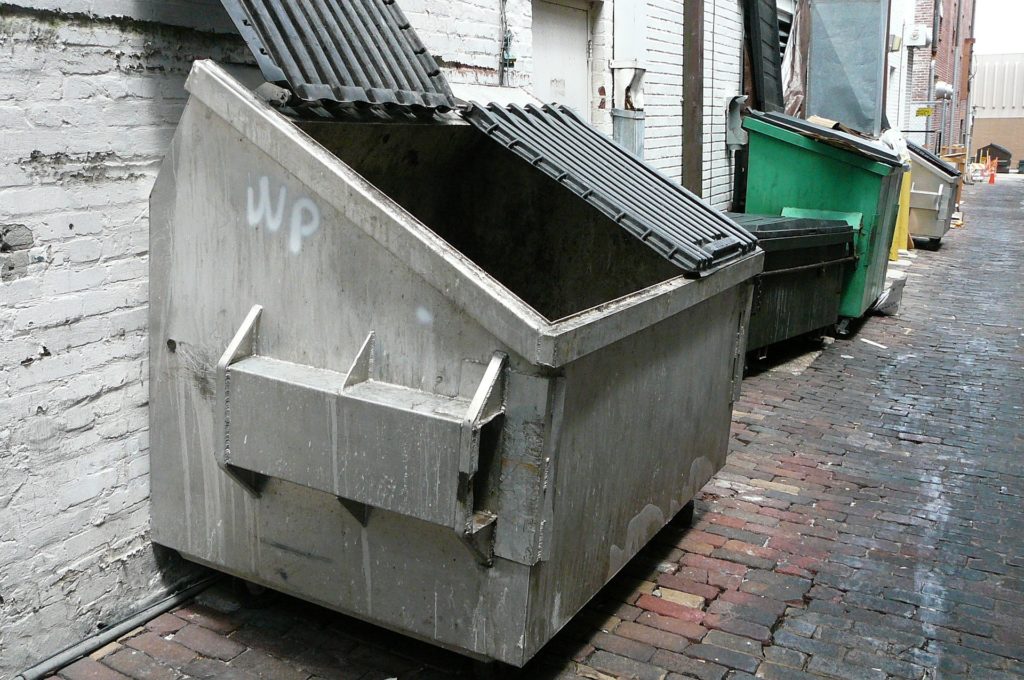Main Street is at once otherworldly and absolutely mundane. Its arteries are lined with blockish, sky-scraping superstructures and sprinkled with neon golden arches which glow like beacons for the hungry, the poor, and the destitute. Main Street’s soundtrack senselessly echoes in a polyphony of dissonant voices, traffic tunes, and melodic advertisements. They call to one another, to no one, and beyond—sending signals without the hope of a response. Main Street is like a stressed nervous system, secreting chemical solutions and flexing automatic muscles, outstretched hands attached to observers collect infinite quantities of information, nearly all of which is sifted, sorted, and deleted in a split second. You couldn’t take it all in, even if you wanted to, and you wouldn’t want to. There are no visible features to betray Main Street’s identity, its uniqueness, if it possesses any at all. Main Street could be anywhere. Main Street is almost everywhere. Luxurious displays strategically arranged, sealed behind glass, contrasted against the dirty body of the street dweller who obscures the charming contents. The narrative is disrupted when a woman emerges, crisp and colorful paper protruding from her shopping bag. She greets the stooped man with shamefully averted eyes. She senses something amiss. He senses resignation to the assigned roles.
I am carried by the current like a tumbleweed, politely swatting away, “May I help you? Are you looking for something?” Actually, I am. I don’t know what, but surely I’ll know it when I find it. The search takes me to vendors, shops, eateries. There are entry fees which I pay by way of purchases I don’t need. Here, I am minding my own role in the social drama, though I have a niggling sensation I’ve forgotten some important line. I’m unsure who I am meant to be portraying, and I worry that I’m doing it incorrectly. When I try to speak, my words come out backwards. I stutter and hum until I’m sweating from the strain of my searching. A formidable force of disconcertion arises, and I have no name for the thing, no knowledge of its source.
“Consumption,” surmises the old man in the park, bent over a chess board, a fuming cigar in hand. I take his answer and turn it over in my mind’s eye, trying on its fit. Consumption seems an apt description. It’s as though naming the thing has given me some sort of power to resist it, but I quickly find as I drift down monotonous concrete slabs that I’m consuming all sorts of things, even as my mouth and wallet remain shut.
A soundless whisper skids across my mind like a glass marble traversing tile. It forms words without sound as if I were reading text from a page. It offers direction, promises safe passage, and leads me to the mouth of an alleyway between two buildings so tall the sunlight above is completely crowded out. The seemingly tranquil stillness before me is disrupted by movement, differentiated shades of darkness which invite me forward into the fold. I have stumbled into a colony. There are parentless children, childless women and fatherless men dwelling together in a makeshift family. Dread chills my innards, pity produces a fearsome headache, and helplessness stiffens my knees. Then the sensations leave me and understanding threatens to set in. I attempt to envision the daily regimens of these outcasts and vagrants but the structure of their days evades me, existing just beyond the bounds of my imagination. Their lives assume templates so dissimilar from my own I cannot even recognize them. These beings defy convention so thoroughly their beauty is rendered invisible in my purview.

I don’t know why I was brought here, but the kinship I feel with these folks is unmistakable. Knowing hands tug at my clothing and frame, pushing me toward an industrial sized dumpster so revolting even the paint on its exterior is wilting away. The invitation is bewildering, and somehow sacramental, so through the looking glass I go. In the rubbish bin, there are 25 nameless birthday cakes topped with unlit candles. There’s all the plastic that has ever been produced, which will not decompose for another 500 years. Designer kitchen salts extracted from melting arctic glaciers. The waterlogged remains of the Great Barrier Reef. The pelt of the last grizzly bear that lived in California. Seventy-two billion pounds of food waste—the annual total in the United States. Fifteen million US households who are hungry. Subsidies which pay farmers to work fallow land. Logic that resists reason. I find other things too—Charles Baudelaire’s “The Eyes of the Poor” and Joan Didion’s iconic line, “The center will not hold.” I discover the answers to Fermat’s riddle and Da Vinci’s code. However, I don’t find the equation to recalibrate distribution, to eliminate waste, to remedy greed. I don’t find the salve to heal a broken humanity. Instead I find a cosmic loom which knits every thread together. Hope and despair in equal measure. Life and death all bound up together. Irresolution and no conclusions.
